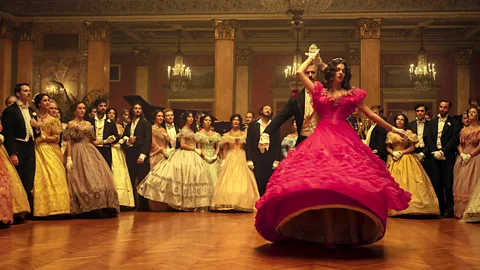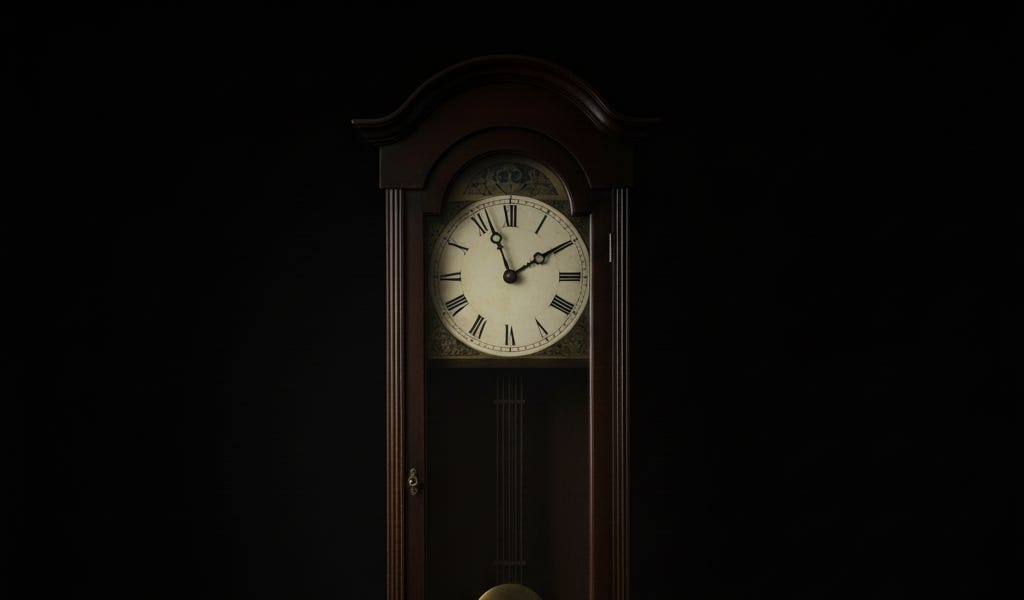Legacy of The Leopard
Five years after publication, The Leopard's status as a landmark of Italian literature was cemented by an acclaimed film adaptation, directed by Visconti, a Marxist who, like Lampedusa, hailed from a noble family. It starred Burt Lancaster as the titular leopard, Fabrizio, and Alain Delon as his nephew Tancredi. Visconti's opulent film held the same searingly cynical and yet elegiac view on the upper echelons of Italian society, according to Arabella Cifani, books editor of the Giornale dell'Arte. "Visconti understood it profoundly," she tells the BBC. "One would say that the book was connatural to the worldview held by Visconti, who was also a prince and whose ancestors had ruled Milan for over 100 years."

 Netflix
Netflix
Famously, the film contains a lavish 25-minute ballroom scene. According to the Rotten Tomatoes' critics consensus, the waltz "competes for [the] most beautiful sequence committed to film". But amid this splendour, Lancaster's Fabrizio has a cloying sense of his own mortality, musing on what his own death will be like. The American star was not Visconti's first choice for the role, but he embarked on in-depth research, spending time with Lampedusa's widow, adopted son and members of the Sicilian nobility. Though it won the Palme d'Or in its year of release (1963), the critic David Weir claimed Visconti's film was less appreciated by audiences than Federico Fellini's 8 ½ from the same year: "The Leopard was part of the story of the early 1960s that saw movie audiences gravitating away from big-budget fiascos". Its ensuing influence on major directors has been undeniable, however, with resonances of it in the grandiose work of Francis Ford Coppola and Martin Scorsese, who has cited it as one of his favourite films, saying: "I live with this movie every day of my life".
For the creators of Netflix's new series, the way The Leopard speaks to a collapsing epoch was at the core of its appeal. "We were going through the throes of Brexit when I first read it, and it seemed to me that there was a sort of Risorgimento in reverse happening," its writer and creator Richard Warlow tells the BBC, referring to new divisions being created in Europe as opposed to unifications. "It did get me thinking about ideas of nationhood, what it is to be an island, the ingrained nature of our lives and what it's like to suddenly change that." Undoubtedly, the lavishness of the novel was another draw for the showrunners, with some already comparing it to hugely successful Netflix series like The Crown or Bridgerton.
Although the Risorgimento – and the novel's events – took place more than 150 years ago, the ramifications are still deeply felt in Italian society, according to Laven, especially against an increasingly political and economic split between north and south. "It's quite clear that for them it's still very meaningful," he says. And how much this revolutionary period of history changed anything – besides the creation of a centrally governed region of Italy – is open to debate. Cifani adds that the novel's famous line: "if we want things to stay as they are, things will have to change" continues to be used as a political slogan. It's a sentiment that seems, like Lampedusa's novel, timeless.
.png)



